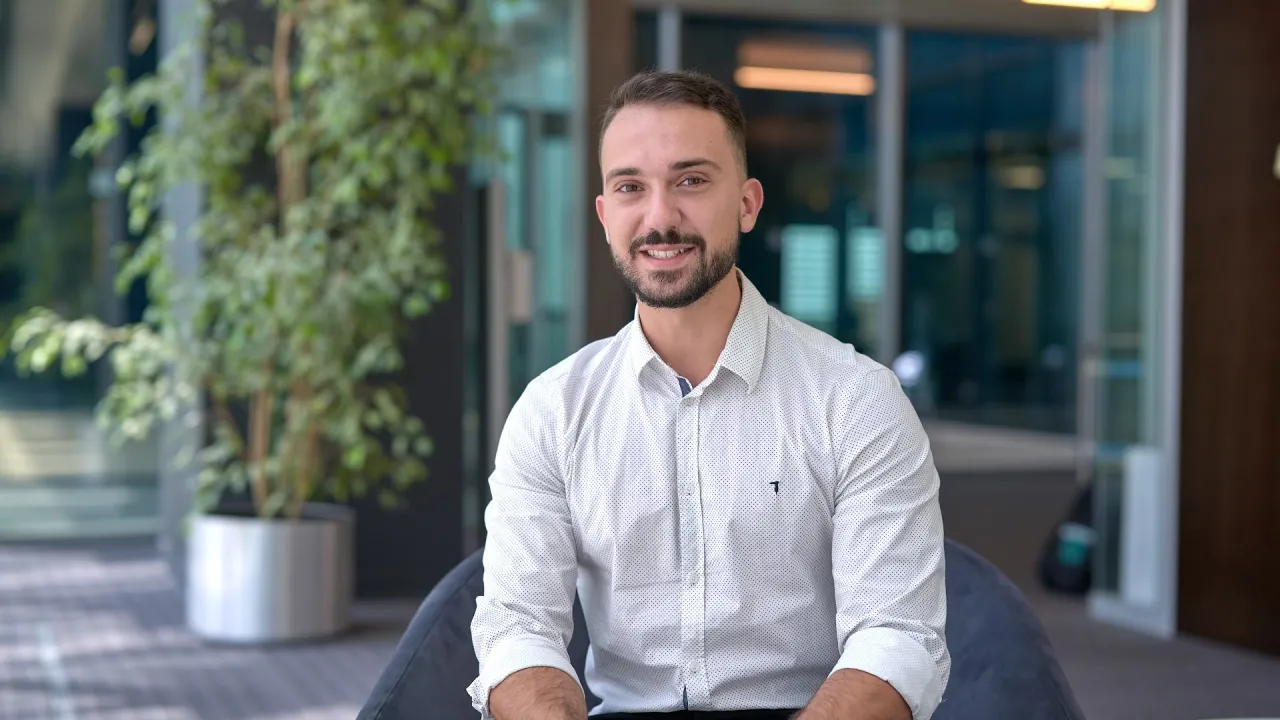Biography
Professor Markowich earned an M.S. and a Ph.D. in Habilitation for Applied and Numerical Mathematics at the Vienna University of Technology (TU-Wien), Austria. He became a Full Professor at the Technical University of Berlin (TUB) in 1989. From 1999 until 2007, he worked at the University of Vienna, Austria, as a Professor of Applied Analysis; from 2007-2011, he worked at the University of Cambridge, U.K., as a Professor of Applied Mathematics. Since 2011, he has been a Distinguished Professor at KAUST.
The Austrian-Italian researcher is a prolific researcher and author, with nearly 14,000 citations and more than 200 scientific papers in top international journals. He has authored a series of books presenting topics of science and engineering found in nature or everyday life. In the books, physical variables such as mass, velocity and energy are analyzed using partial differential equations, along with their spatial and temporal variations.
Professor Markowich has been honored with numerous awards and recognitions throughout his career; these include the Wittgenstein Prize from the Austrian Science Fund, The Royal Society Wolfson Research Merit Award and the Humboldt Research Award.
In 2015, and again in 2018, he held a J.T. Oden Faculty Fellowship at the Oden Institute for Computational Engineering and Sciences (University of Texas), the Von Neumann Visiting Professorship at the Technical University Munich, Germany, in 2013; the Excellence Chair at Jiaotong University, Shanghai, China, in 2012; and the Excellence Chair of the Foundation Sciences Mathématiques de Paris, France, in 2011.
Markowich is a Fellow of the European Academy of Sciences, the Institute of Physics, the American Mathematical Society and the Institute of Mathematics and its Applications. He is also a member of the European Academy of Sciences and Arts, Academia Europaea and a Foreign Member of the Austrian Academy of Sciences.
Research Interests
Dr. Markowich’s research uses differential equations in physics, artificial intelligence, biology, and engineering. Specifically, he is interested in deepening the understanding of the mathematical and numerical analysis of partial differential equations (PDEs) and their applications.
In particular, he is interested in:
- classical and quantum mechanical kinetic theory
- analytical and numerical problems occurring in highly oscillatory PDEs (like semiclassical asymptotics)
- Wigner transforms
- nonlinear PDEs describing dispersive and, resp., diffusive phenomena
- singular perturbations and longtime asymptotics
- generalized Sobolev inequalities
- inverse problems in solid-state physics
- image processing using PDEs.

